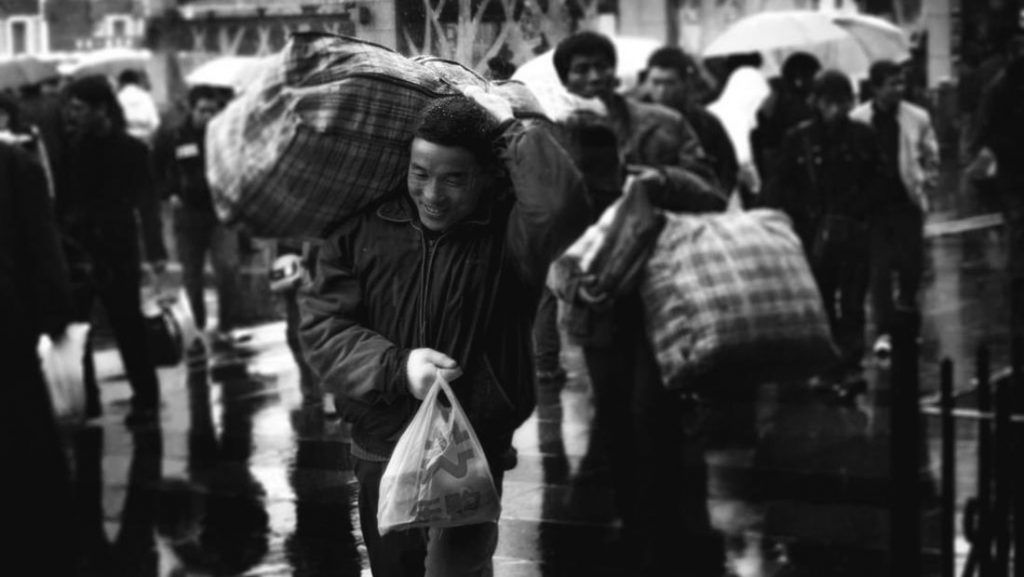#iSlaveat10
In January 2017, Apple celebrated the tenth anniversary of the launch of the first model of the iPhone. After a decade, has Apple’s extraordinary profitability been coupled with any greater social responsibility? Are the Chinese workers who produce the most lucrative product in the electronics world seeing improved working and living conditions? This essay provides some answers by focussing on two issues: freedom of association and the situation of student interns.




